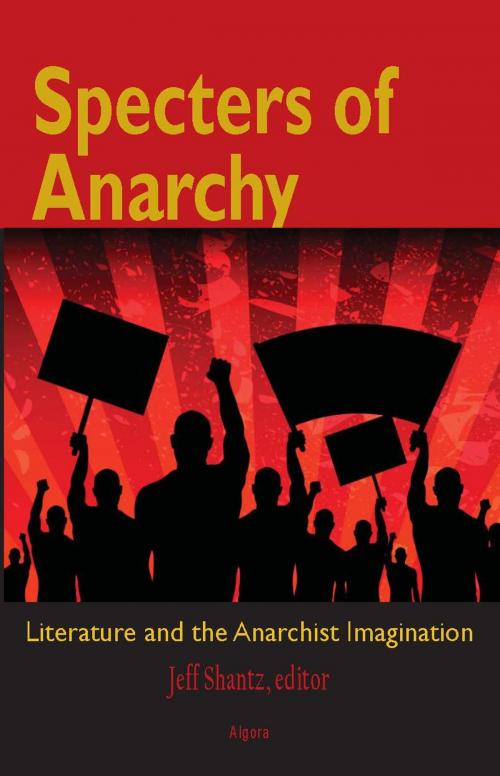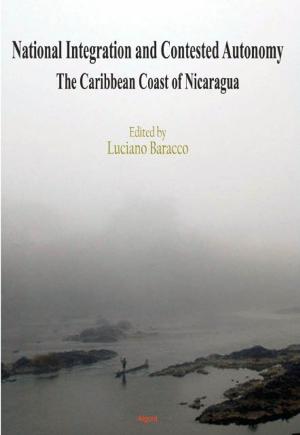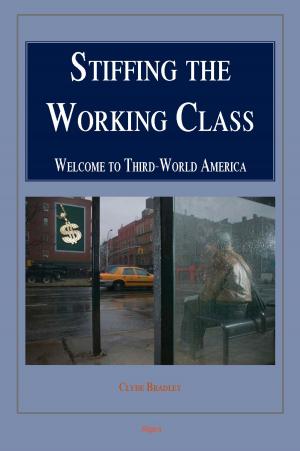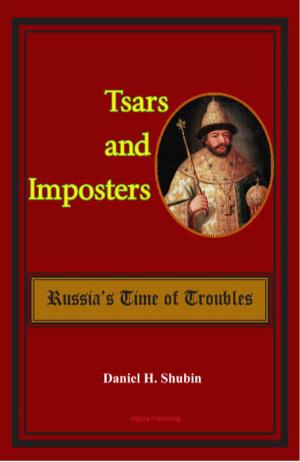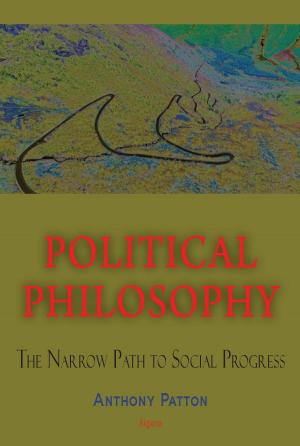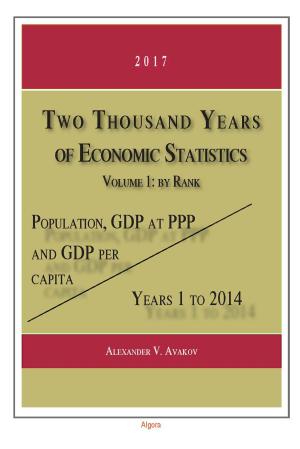Specters of Anarchy
Literature and the Anarchist Imagination
Nonfiction, Social & Cultural Studies, Political Science| Author: | Jeff Shantz | ISBN: | 9781628941432 |
| Publisher: | Algora Publishing | Publication: | January 5, 2015 |
| Imprint: | Algora Publishing | Language: | English |
| Author: | Jeff Shantz |
| ISBN: | 9781628941432 |
| Publisher: | Algora Publishing |
| Publication: | January 5, 2015 |
| Imprint: | Algora Publishing |
| Language: | English |
Anarchy. The word alone conjures strong emotional responses.Anarchism is one of the most important, if maligned, radical social movements. In the 21st century, anarchist politics have enjoyed a significant revival, offering a positive vision of social change and an alternative to the injustice and inequality associated with states and corporate dominance. Yet anarchism remains misunderstood and misrepresented in mass media and government accounts that associate the term with chaos and disorder.Despite the negative portrayals anarchism, in fact, has always been a movement of intense creativity. More than a political movement, anarchism has, for over a century, made important contributions to cultural developments, especially in literature and art. Often overlooked are the vital creative expressions of anarchism.This lively volume featuring works by innovative scholars presents the compelling potency of anarchist literature through distinct voices. Anarchism has greatly influenced literary production and provided inspiration for a diversity of writers and literary movements.Edited by a longtime anarchist theorist, this exciting collection of engaging works highlights the rich articulations of anarchism and literary creations. It places anarchism at the center of analysis and criticism. Authors examined include Octavia Butler, John Fowles, James Joyce, Ursula LeGuin, Eugene O’Neill, B. Traven, and Oscar Wilde, among others. The collection shows the richness of anarchist movements in politics and culture.Specters of Anarchy examines critically the generally overlooked intersections, engagements, debates and controversies between literature and criticism and anarchist theories and movements, historically and in the present period. Synthesizing literary criticism with the theory and practice of anarchism, this book offers a re-reading of important literary and political works.Anarchist politics is a major, and growing, contemporary movement, yet the lack of informed analysis has meant that the actual perspectives, desires and visions of this movement remain obscured. Lost in recent sensationalist accounts are the creative and constructive practices undertaken daily by anarchist organizers imagining a world free from violence, oppression and exploitation. An examination of some of these constructive anarchist visions, which provide examples of politics grounded in everyday resistance, offers insights into real world attempts to radically transform social relations in the here and now of everyday life.
Anarchy. The word alone conjures strong emotional responses.Anarchism is one of the most important, if maligned, radical social movements. In the 21st century, anarchist politics have enjoyed a significant revival, offering a positive vision of social change and an alternative to the injustice and inequality associated with states and corporate dominance. Yet anarchism remains misunderstood and misrepresented in mass media and government accounts that associate the term with chaos and disorder.Despite the negative portrayals anarchism, in fact, has always been a movement of intense creativity. More than a political movement, anarchism has, for over a century, made important contributions to cultural developments, especially in literature and art. Often overlooked are the vital creative expressions of anarchism.This lively volume featuring works by innovative scholars presents the compelling potency of anarchist literature through distinct voices. Anarchism has greatly influenced literary production and provided inspiration for a diversity of writers and literary movements.Edited by a longtime anarchist theorist, this exciting collection of engaging works highlights the rich articulations of anarchism and literary creations. It places anarchism at the center of analysis and criticism. Authors examined include Octavia Butler, John Fowles, James Joyce, Ursula LeGuin, Eugene O’Neill, B. Traven, and Oscar Wilde, among others. The collection shows the richness of anarchist movements in politics and culture.Specters of Anarchy examines critically the generally overlooked intersections, engagements, debates and controversies between literature and criticism and anarchist theories and movements, historically and in the present period. Synthesizing literary criticism with the theory and practice of anarchism, this book offers a re-reading of important literary and political works.Anarchist politics is a major, and growing, contemporary movement, yet the lack of informed analysis has meant that the actual perspectives, desires and visions of this movement remain obscured. Lost in recent sensationalist accounts are the creative and constructive practices undertaken daily by anarchist organizers imagining a world free from violence, oppression and exploitation. An examination of some of these constructive anarchist visions, which provide examples of politics grounded in everyday resistance, offers insights into real world attempts to radically transform social relations in the here and now of everyday life.
